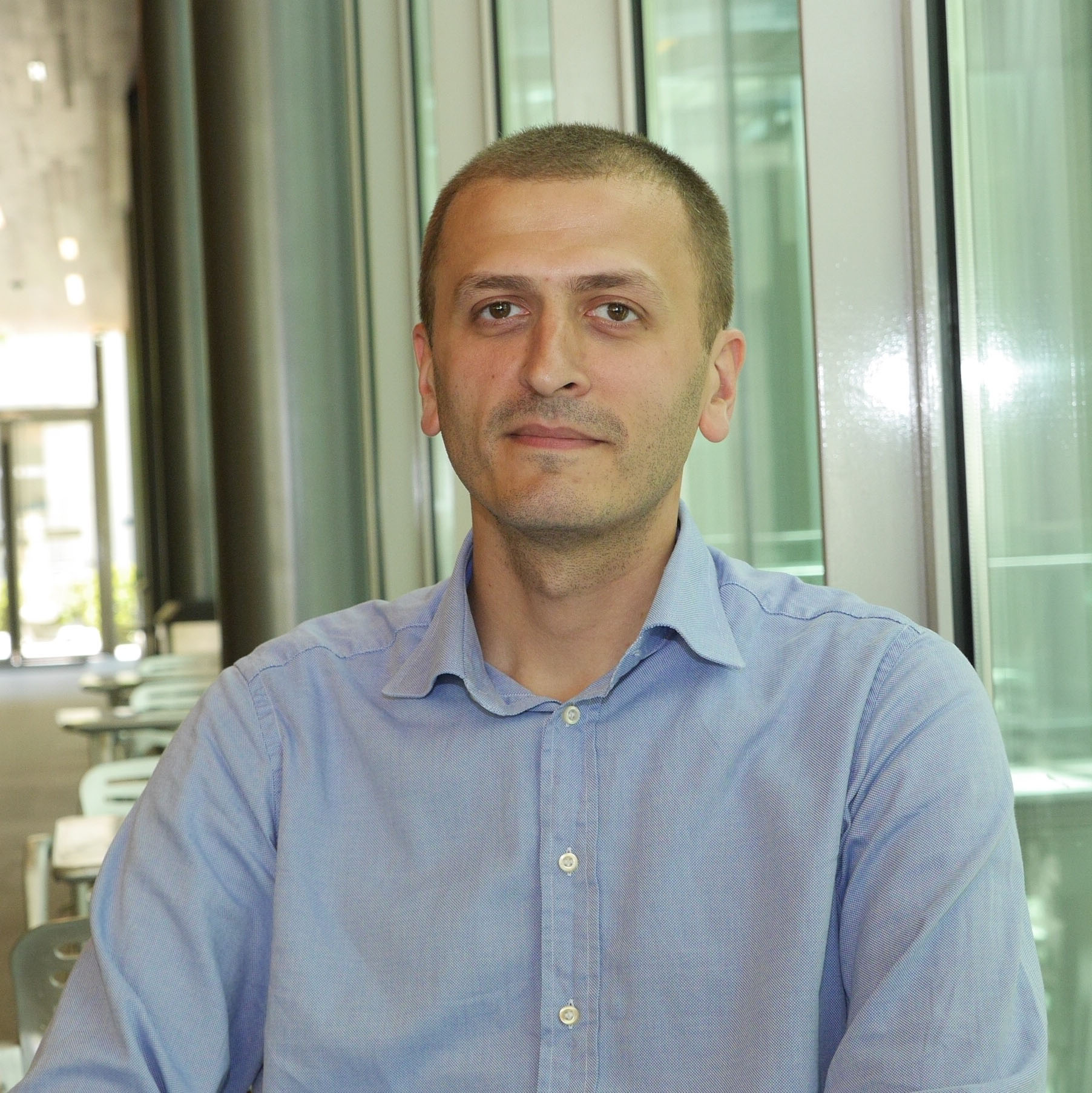 Georgia
Georgia
General Counsel, Equfin
Professional Track LL.M. Class of 2019
I have worked in the banking sector in Georgia for over 10 years. Five years ago I became the general counsel at Liberty Bank, one of the biggest banks in Georgia. Being a lawyer in the banking industry is a very challenging job because you have a lot of interaction with the regulators and government scrutiny and it is a very conservative and competitive market. It’s sometimes difficult to balance between the personal life and the office.
I am a workaholic and I have a son who is six years old. I chose Berkeley, and especially the Professional Track LL.M. program, because it is so convenient. I can still work most of the year and even part time while I am in Berkeley.
The biggest benefit I have received at Berkeley is the opportunity to look outside of Georgia and compare myself to lawyers from around the world. Georgia is a very small country. When I came here and sat in class with lawyers from China and India, I realized that I am a good lawyer on a larger scale and that I could work in any kind of legal system. It gave me a lot of confidence.
After my first summer at Berkeley it was hard to go back to doing the same work I had been doing for 10 years. The conventional banking system will not be the same in 5-10 years because new technology and digitalization of products is changing the industry. Banks are not keeping up with innovation. So I decided to change jobs and join a finance technology (fintech) company. They do peer-to-peer business, everything is based off of software and digital verifications, which is a big change for me.
I will also be a GC at my new company, but I will be doing much different work because as a digital, multinational company, I will have to work with lawyers from all over the world. One day you are negotiating a deal with a lawyer in Spain, and the next you have some issue in Lithuania. You need a lot of managerial skills on top of legal skills.
The Professional Track is really great for people who have been working a few years. The age of the students is higher and we all bring so much real world experience. We learn a lot about each other’s countries and develop contacts from across the world. This is already benefiting me in my new job. I can call my classmates about issues regarding other legal systems, and if they can’t help me themselves, they can refer me to someone who can.
I will graduate with the Business Law Certificate. I am taking Cybersecurity, which will be crucial in my new job. It has been very interesting to take business law courses to compare my experience in Georgia with law in the U.S.
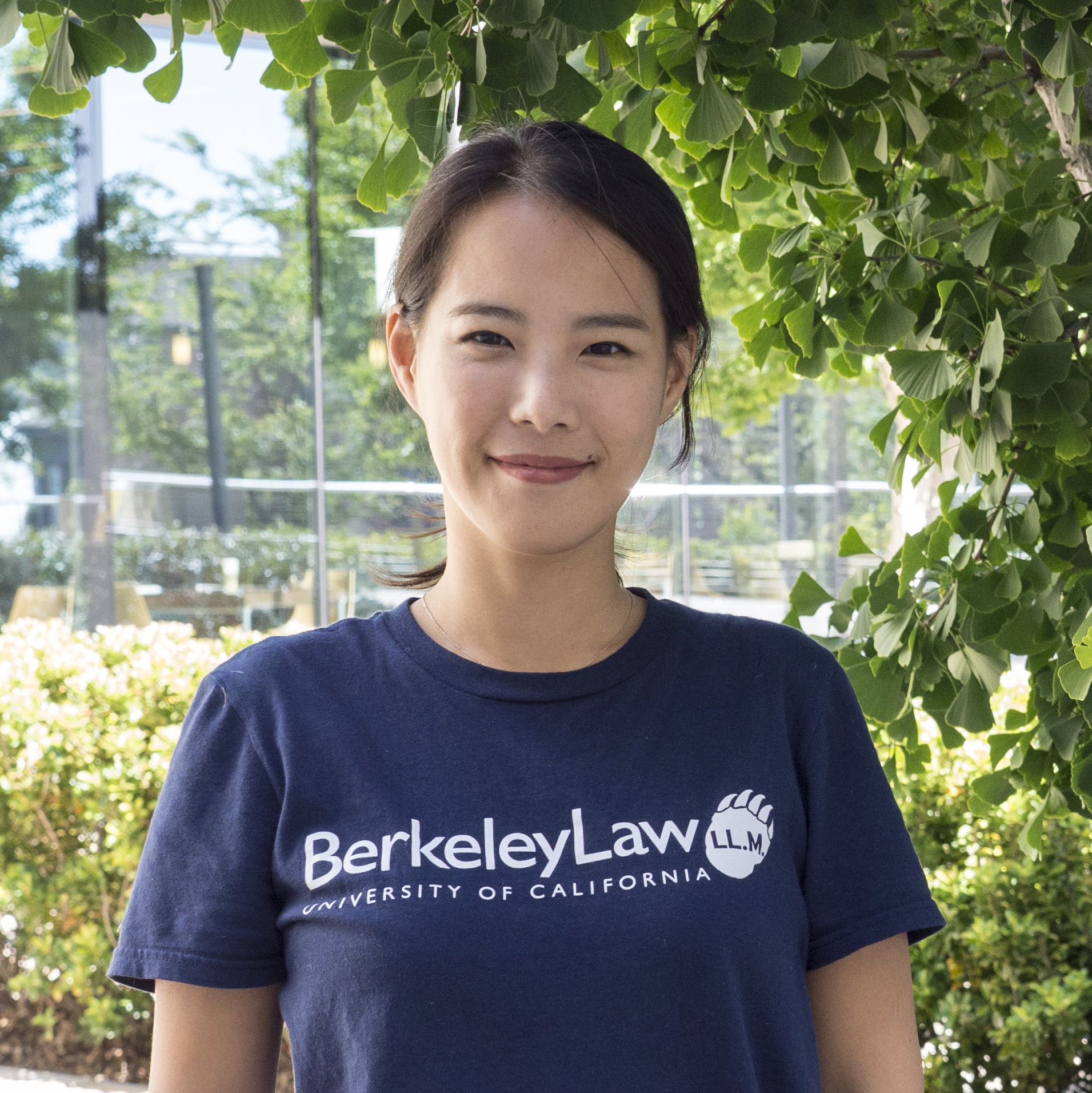 Korea
Korea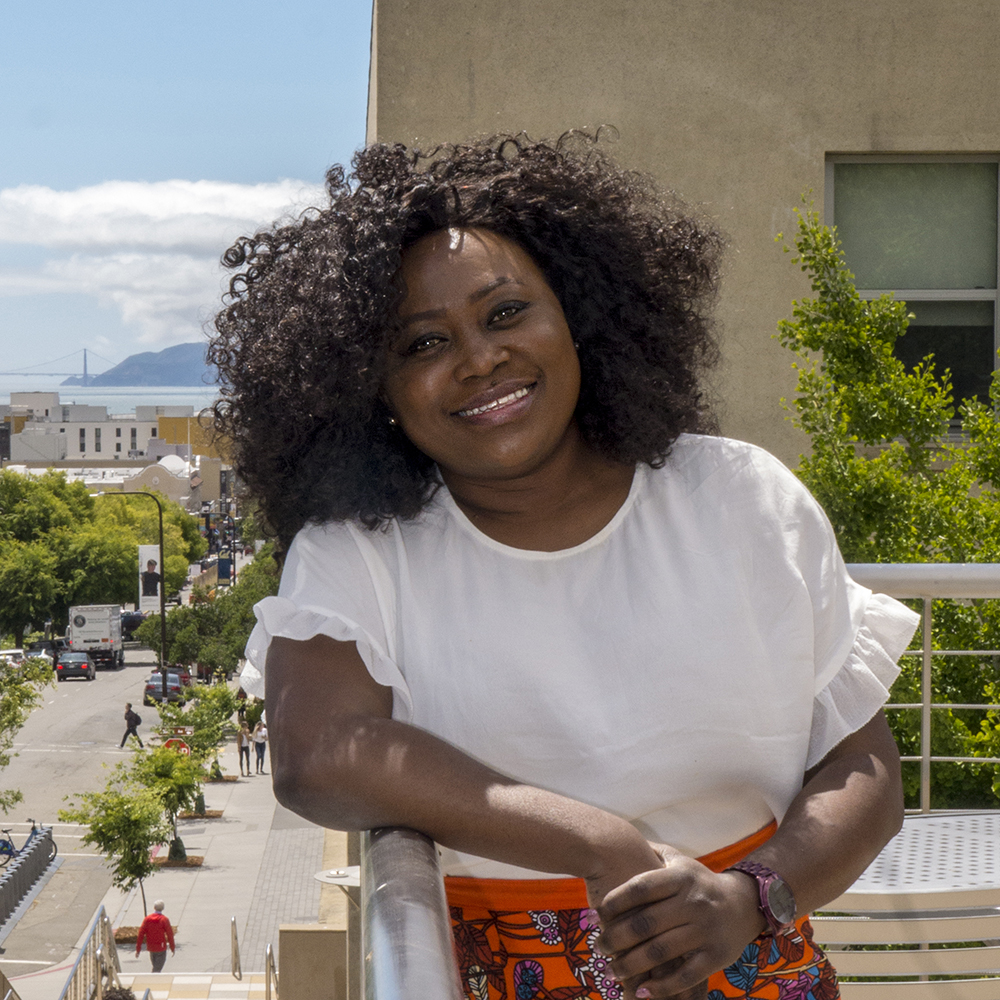 Nigeria
Nigeria
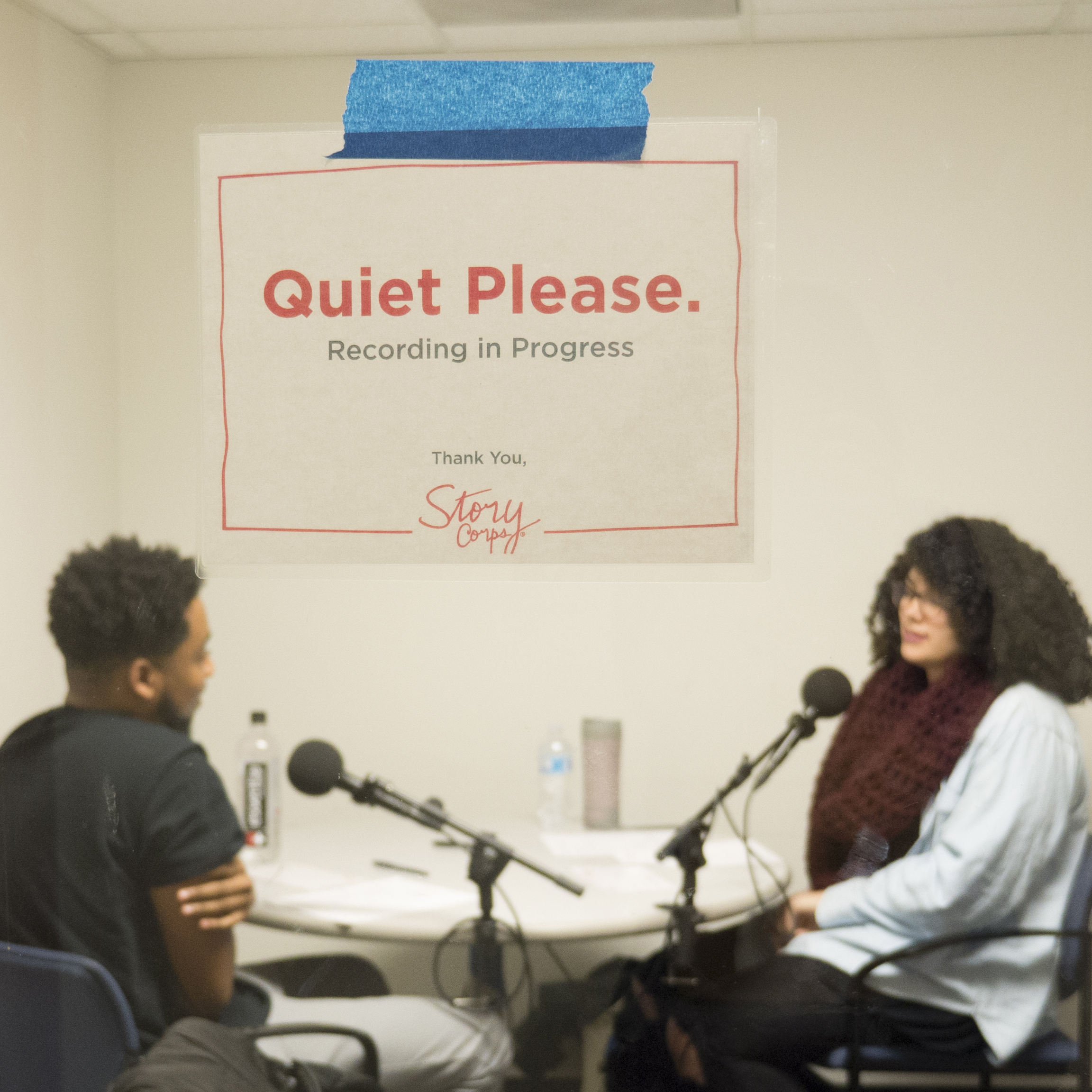 Justin Brooks is a graduate of Morehouse College (2018); Serena Nichols is a graduate of CSU Sacramento (2018). Both are members of Berkeley Law’s chapter of Law Students of African Descent and co-founders of the podcast, Blacklisted. They recently recorded a conversation about race and identity as part of the Henderson Center’s 20th anniversary oral history project with StoryCorps (audio coming soon).
Justin Brooks is a graduate of Morehouse College (2018); Serena Nichols is a graduate of CSU Sacramento (2018). Both are members of Berkeley Law’s chapter of Law Students of African Descent and co-founders of the podcast, Blacklisted. They recently recorded a conversation about race and identity as part of the Henderson Center’s 20th anniversary oral history project with StoryCorps (audio coming soon).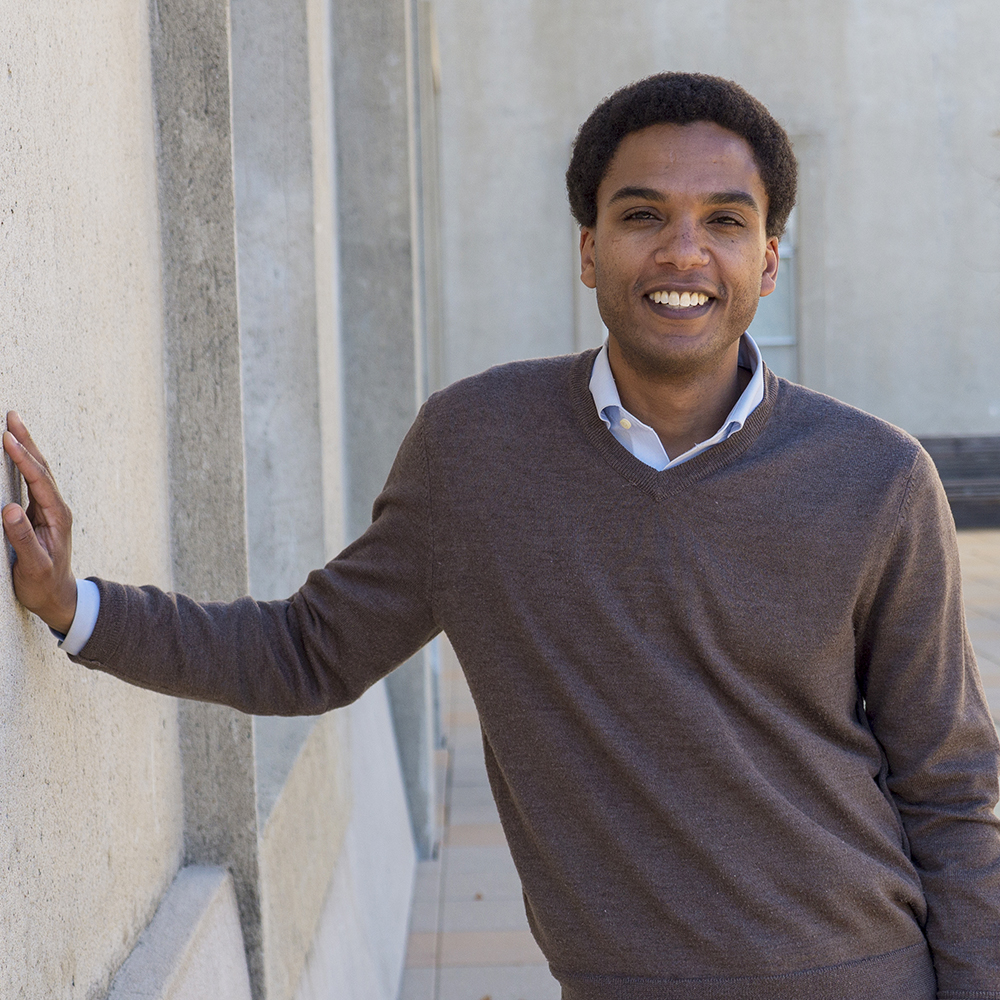 Hometown: Redlands, CA
Hometown: Redlands, CA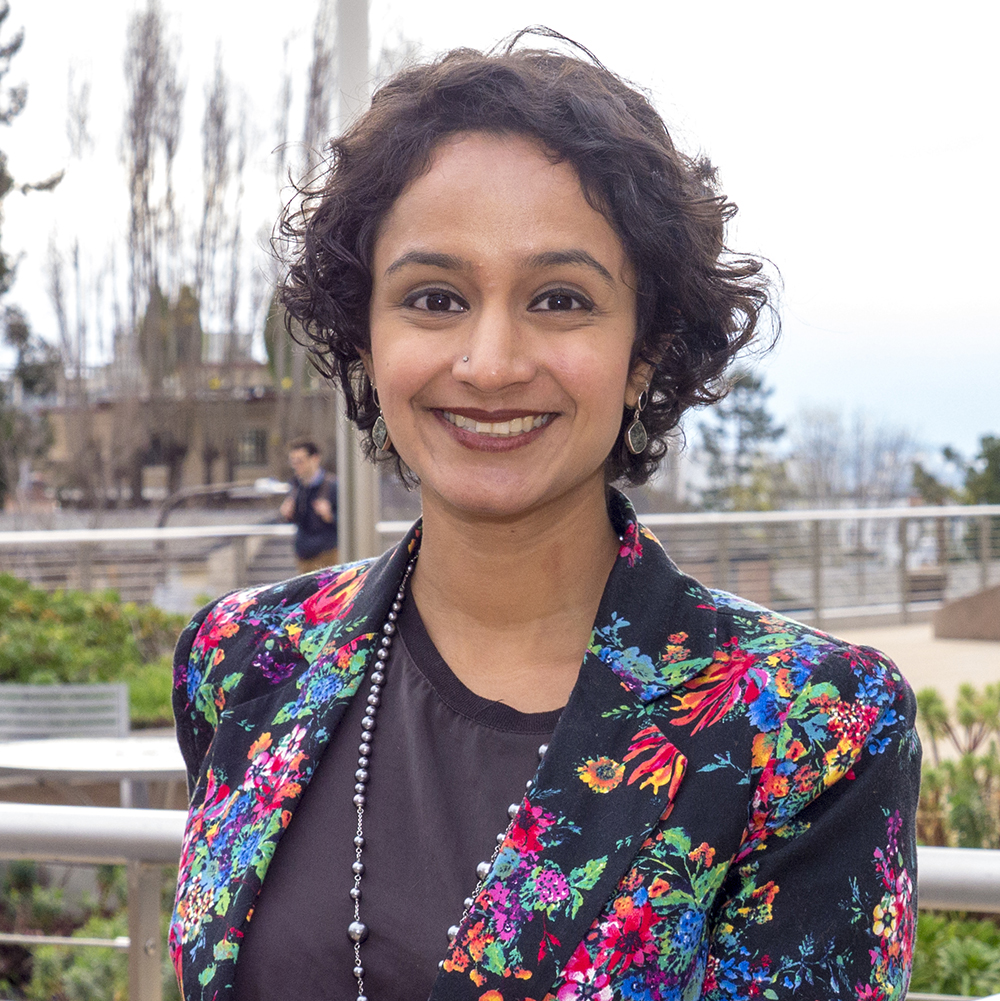 Hometown: Fremont, CA and Bangalore, India
Hometown: Fremont, CA and Bangalore, India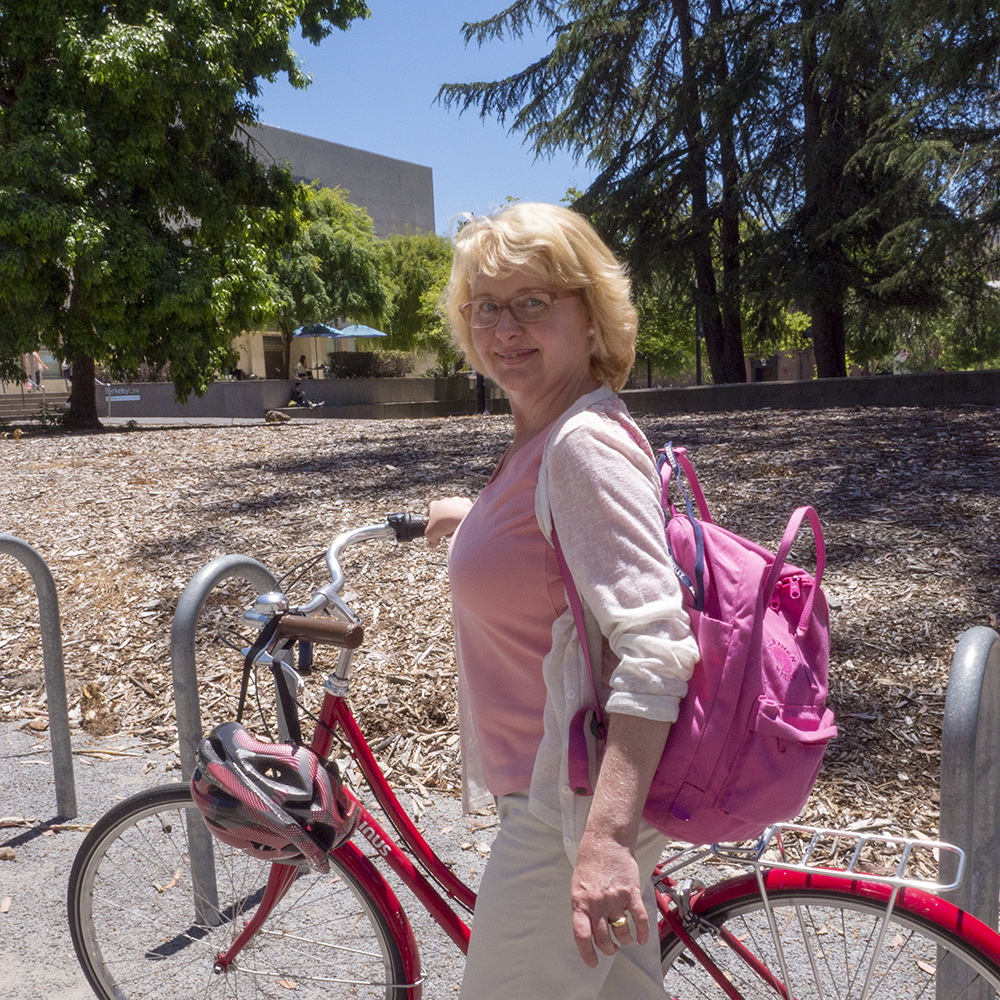 Home Country: Finland
Home Country: Finland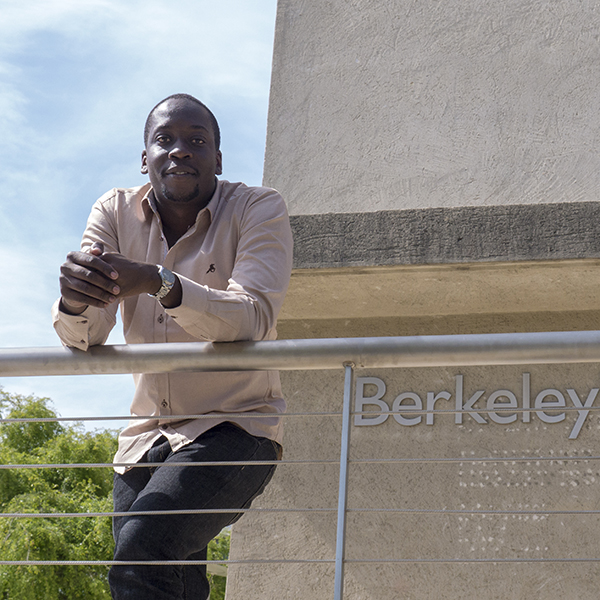 Home Country: Uganda
Home Country: Uganda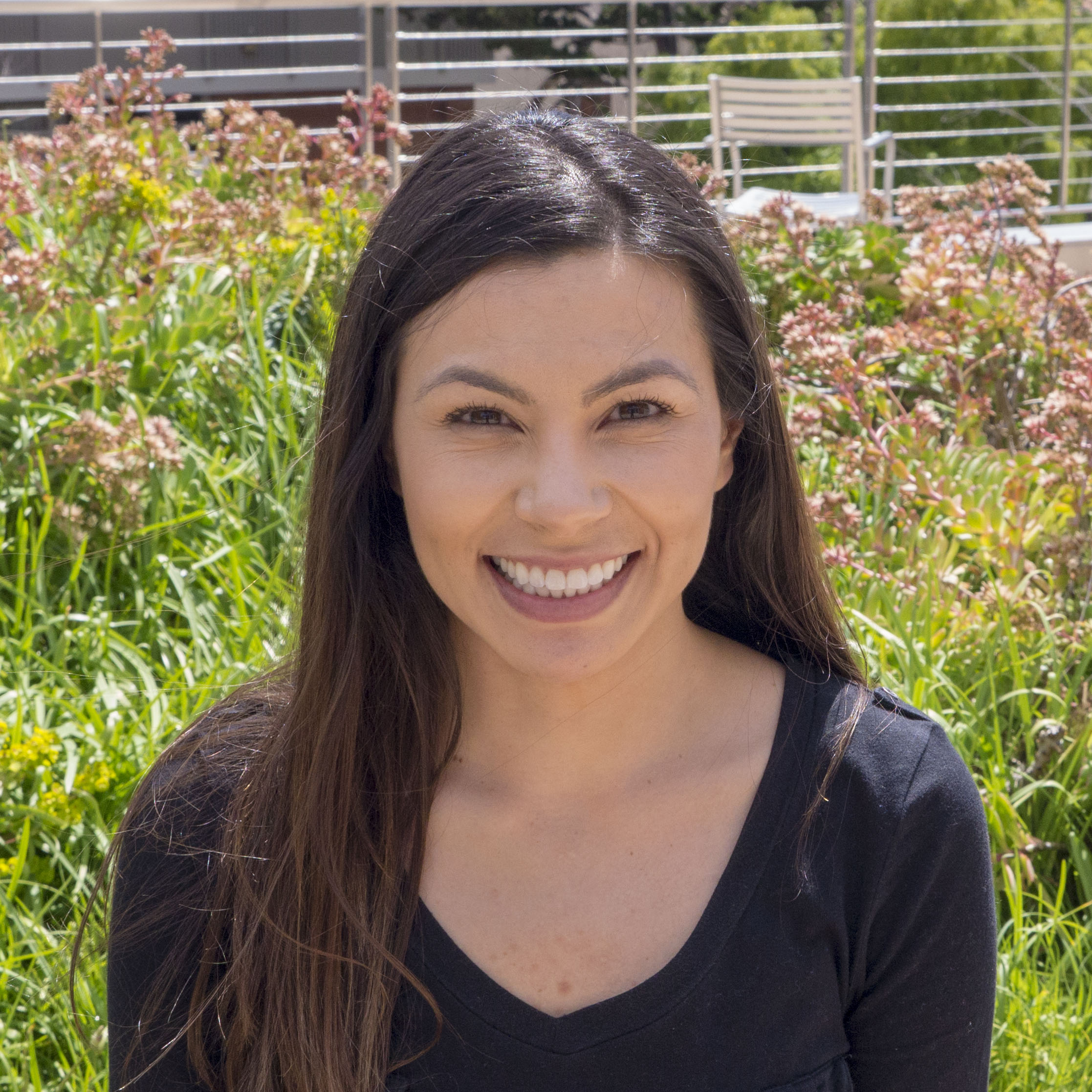 Hometown: Watsonville, CA
Hometown: Watsonville, CA